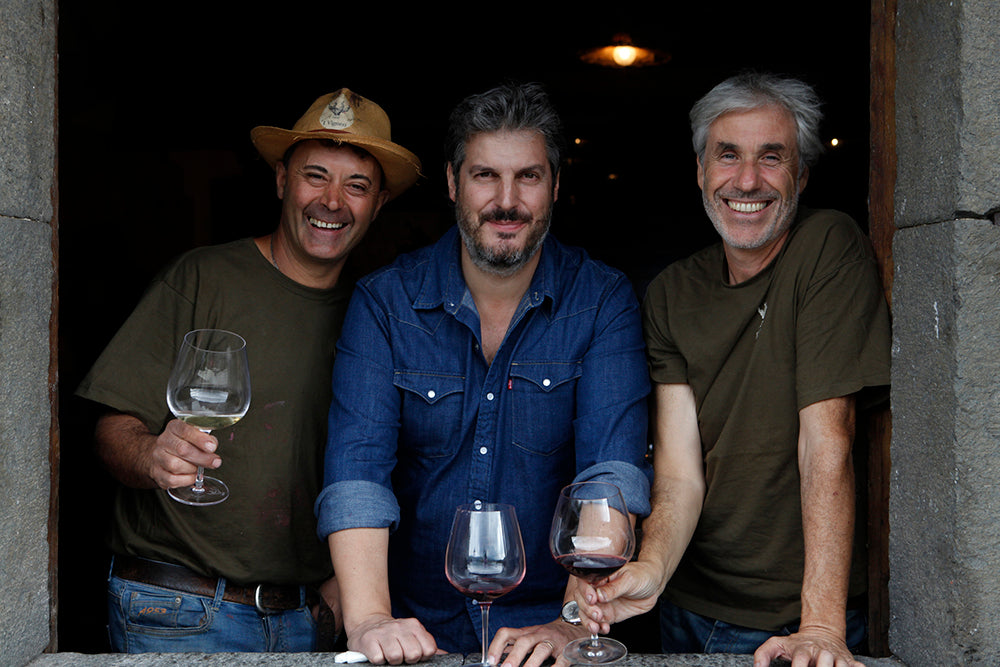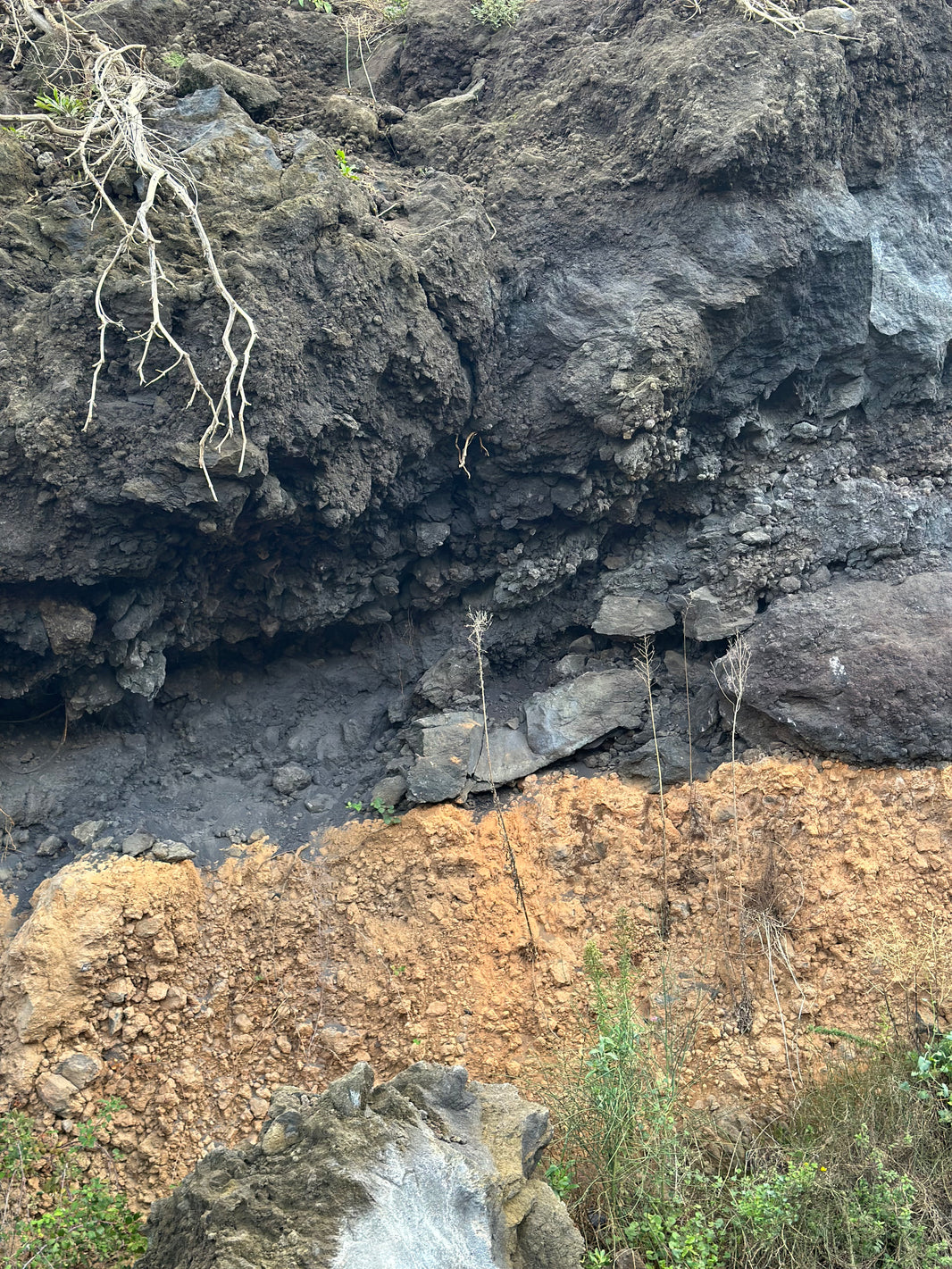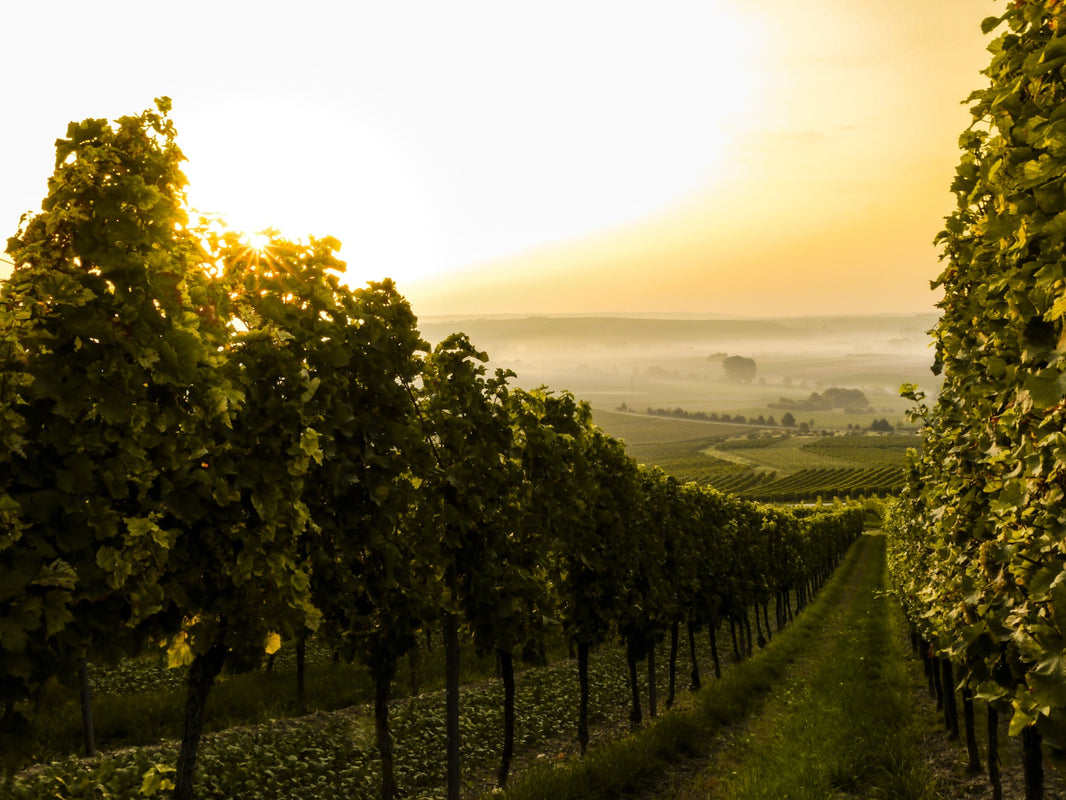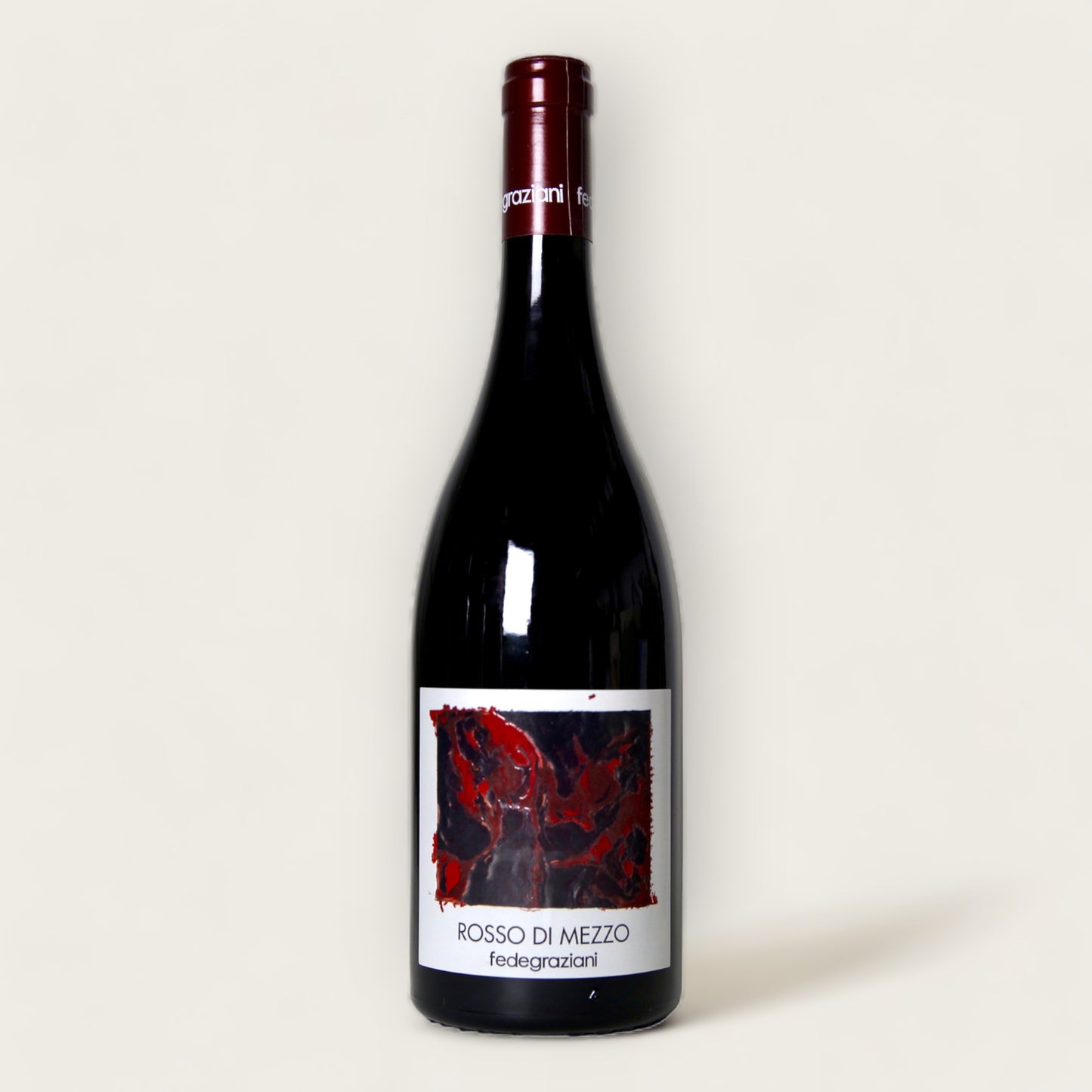Stay up-to-date with the latest news, exclusive promotions, and exciting events by subscribing to our newsletter! Sign up now and receive a 10% discount on your first purchase. Don't miss out on this great opportunity to stay connected with us and get access to special offers!
Rosso di Mezzo Etna Rosso DOC - 2022
- Tax included.
More than a wine, "Rosso di Mezzo" is a work in progress, capturing the present and future aspirations of the winery. Crafted from the finest grapes sourced from centuries-old vineyards in Passopisciaro, including four plots within Contrada Feudo di Mezzo, it epitomizes dedication to quality.
The winemaking process features spontaneous fermentation in open oak vats without temperature control, guided by indigenous yeast. The subsequent refinement unfolds over 24 months in steel, followed by an additional 6 months of aging in the bottle.
"Rosso di Mezzo" is a beautiful wine with a deep ruby red color. It has a pleasant aroma of redcurrant, wild blueberries, caper's leaf, and fresh herbs. When you taste it, you'll experience a vibrant, elegant, and silky sensation with hints of aromatic herbs and a touch of red-orange. The finish leaves a subtle mineral nuance of flint, completing the overall delightful experience.
Grape Variety:
Alcohol: 13.0%
Serving Termperature °C: 14-16°C
Ageing Potential: 10-15 years
Terroir: Etna DOC

Federico Graziani

Etna DOC

Sicilia


